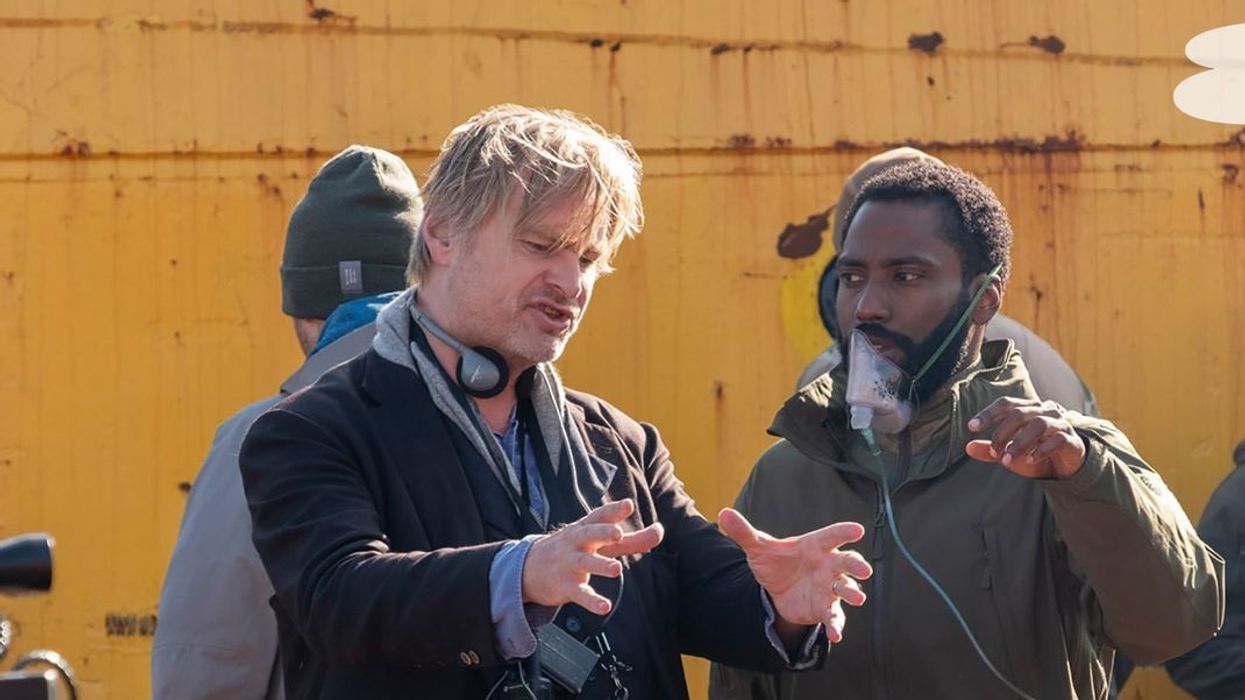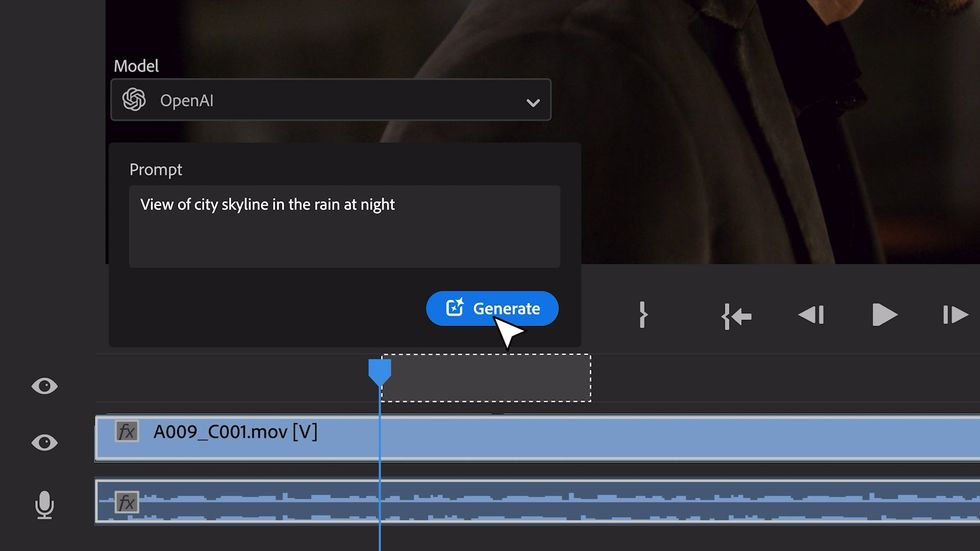Why is Christopher Nolan so Obsessed with Time?
Time is a ubiquitous Nolan theme.

To say Christopher Nolan is obsessed with time is to say dogs are obsessed with bones. They're universally accepted facts that each involve a singular party chasing something for their entire existence.
Nolan is a blockbuster filmmaker. The movies he makes are big, loud, and challenging. It's what makes him so admirable and ambitious. But it is interesting to me that he has spent his entire career talking to us about our time and how we use it.
Certainly, the time we spend in the theater he works to make sure it's worth it.
But his stories are about how we measure time, relate to it, and how time can be an advantage or disadvantage depending on who wields it.
CineFix digs into Nolan's love affair with time in the video essay below, so check it out and let's talk after the jump!
Why is Christopher Nolan so Obsessed with Time?
I don't have an answer for Nolan's obsession. I think that if I had to guess, he thinks a lot about how limited our voices are on this earth. You can create things that last beyond you and a legacy, but you cannot alter the amount of time you have to spend on this planet.
Let's look at a few of his films and the relationship with time in them.
Following
Nolan's first feature has this moral at the center, “You take it away and show them what they had,” that's how a burglar justifies his actions. In this movie, we cut in time a lot. Jumping to different parts of the story to keep the audience off-balance.
As Nolan once said, “In a compelling story of this [film noir] genre we are continually being asked to rethink our assessment of the relationship between the various characters,” he said in the early 2000s. “I decided to structure my story in such a way as to emphasize the audience’s incomplete understanding of each new scene as it is first presented.” We don't spend enough time anywhere to judge, just to be voyeurs—kind of like the film's hero.
Memento
The first overt use of time and the bending of time came inside Memento. Here is a movie told in reverse and forward. We have flashbacks and flashforwards, keeping us guessing as to why things are unraveling before our eyes. Nolan's use of time here is to show how little of it is guaranteed. Even if you relive the same day or situation over and over it doesn't mean you're going to get it right. There's grace in moving on...if you can.
Lest you think he's winging it, there's a lot of thought that goes into these, as Nolan says, "I’m certainly meticulous in filmmaking terms. I like to be precise with things. I’m interested in making films to watch them a second time, and hopefully you’ll be interested to watch a second time. You don’t see how it’s stuck together; it actually can sustain that scrutiny and become something a little bit different when you see it again."
Batman Trilogy
When it comes to the Batman trilogy, we can talk about time as a legacy. Bruce didn't get to spend a lot of time with his parents, but the time he did get made him bitter about their loss and then determined to make sure other people didn't have to feel that way. As the movies advance, we see a story about time spent as Batman—will this part of Bruce's life ever end? How much time can he devote to being two different people? In the end, it's a movie about legacies. What time the time as Batman represents to Gotham now that he's gone?
This is all grounded in humanity, not heroism, as Nolan said, “Yes, it’s a superhero, but it’s based on ideas of guilt, fear, these strong impulses that the character has. Bruce Wayne doesn’t have any superpowers other than extraordinary wealth. But really, he’s just someone who does a lot of push-ups. In that sense, he’s very relatable and human. I think that’s why I gravitated towards it.”
Inception
The first of the literal translations, this is a movie about bending time while asleep. We have a complicated explanation but the story remains linear—get in, get a memory, and get out. Here we see how time can feel endless. Especially when you get stuck somewhere you don't want to be. We see time as a period you might carry pain. The way to move out of this phase in time is to "wake up," but what happens when you can't?
Again the answer lies within time. Time is just the way we perceive the world. As Nolan stated, "The way the end of that film worked, Leonardo DiCaprio's character Cobb—he was off with his kids, he was in his own subjective reality. He didn't really care anymore, and that makes a statement: perhaps, all levels of reality are valid... Reality matters."
Interstellar
The next move into the literal was a movie where we saw how time brings people together and tears people apart. This was about generations that never got to spend time together because they were so busy trying to make sure they had time to survive. Here, we see a woman mature and outgrow her father, and love him enough to let him walk away at the end. Time is varied, with the idea that love being the only thing that unites us across it.
As Nolan said, "I think for me it's as much about contrast as balance. I really wanted to look at this moment in time that may be coming one day, where mankind has to reckon with its place in the wider universe. I love the idea of just looking over the shoulder of relatable characters. Just experiencing these first steps out into the universe with people that you could understand and emotionally respond to."
Dunkirk
When we get to Dunkirk, time is relative. We're watching varying stories taking place at different times, not in the sense of convergence but in the sense of the essence of time in the war. This is a movie that is manipulating our sense of time for the thrill of it. We are kept on the edge of our seat even as what happens on different days and at different hours is cut together to make it feel like it is happening at once.
And it works here. He came up with a form of narrative that was “devoted to a subjective experience.” He said, “And then as I looked at the different aspects of the event that I needed to portray, I realized that they would have to run on different time scales. It was a response to trying to give the audience different points of view, different perspectives on the event so they had an understanding of the bigger events without ever leaving a subjective mode of storytelling.”
So where will Tenet take us on this journey into Nolan and the theme of time?
It's not playing where I am but I cannot wait to see how his perception and ours expand with the next movie.
Sound off in the comments.
What's next? Get our free screenwriting eBook!
So much of what we're talking about on No Film School when it comes to screenwriting is summarized in our new eBook. It also helps guide you through a 10-week writing plan that will get your script actually finished.














